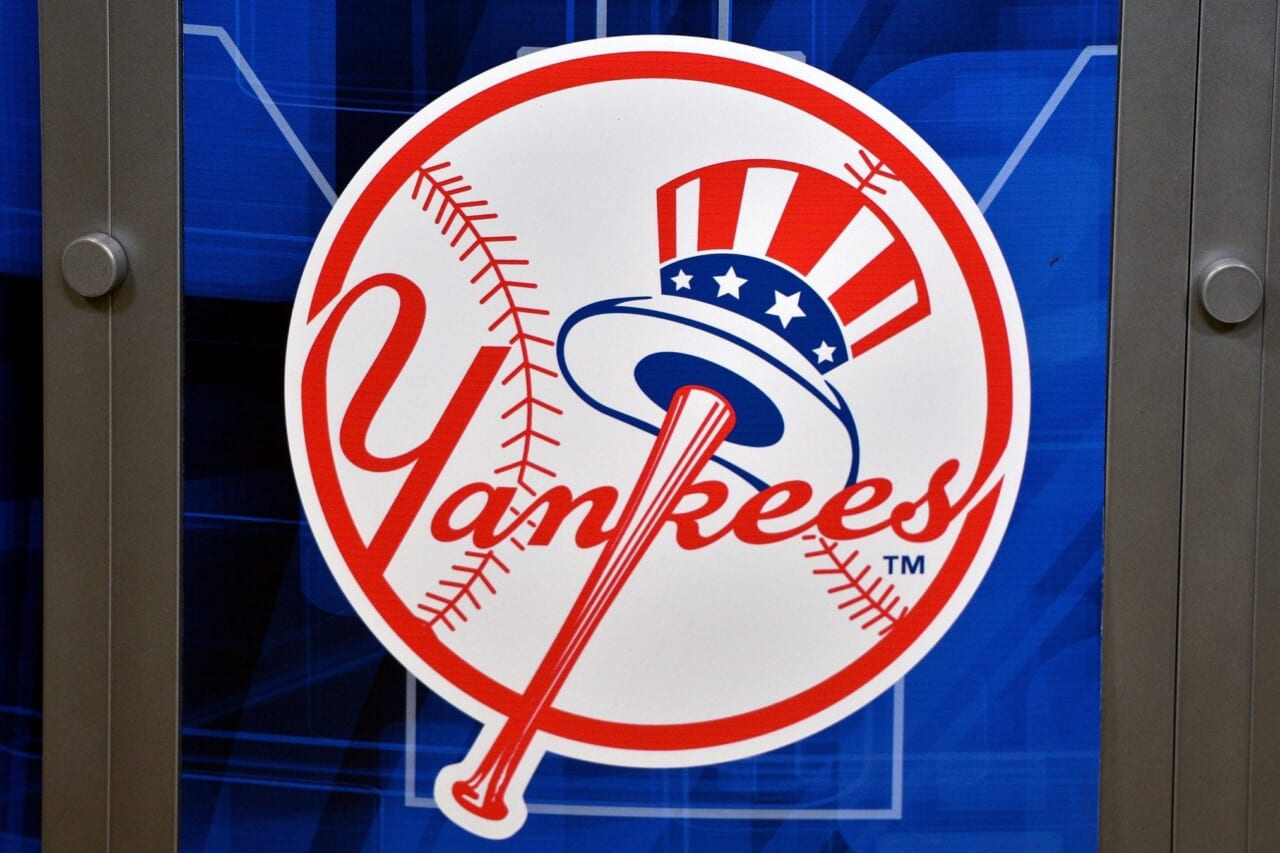The 11th former Boston player to join the New York Yankees ranks, lefthander Herb Pennock was acquired from the Red Sox on January 30, 1923, just a few months before Yankee Stadium was to open.
The Bombers shipped three players to Boston for Herb, along with $50,000. But he would prove to be more than worth the expense, notching 162 wins in the next 11 seasons in the Bronx. His victory in the sixth game of the 1923 World Series brought the first of a parade of Championships to the Yankees.
Appearing in four World Series with the Yanks (3-1), during which he posted a 5-0 record, Pennock also saved two October Classic battles, earning the last one in the Babe Ruth “Called Shot†game in Wrigley Field in 1932.
Dark Days
Unfortunately, a dark chapter in the Pennock history was to ensue. Herb had pitched in Philly for the A’s to start his career, and then he would serve as the general manager of the NL Phillies after he retired as a player.
The City of Brotherly Love, its team, and their fans would prove to be anything but, and Pennock and his team stood as the most virulently opposed to playing the Dodgers once they broke the color barrier by signing Jackie Robinson in 1947.
Herb threatened to pull his team when the Dodgers came to Philly, a threat he did not follow through on. But Robinson suffered perhaps the worst verbal abuse and taunting that first trying year when his team played in Philadelphia.
Final Days
And then Hall of Famer Pennock became the first of two Yankees to have died on January 30, when he passed away in 1948 on the 25th anniversary of the day the Yanks had traded for him. Pennock pitched from 1912 to 1934, compiling a 240-162 record with 33 saves overall.
Joining Herb on this list, second baseman Aaron Ward (1961) debuted with the 1917 Yankees and garnered 45 home runs with 390 rbi’s in New York through the 1926 season. One additional year each in Chicago and Cleveland improved those numbers to 50/446.
